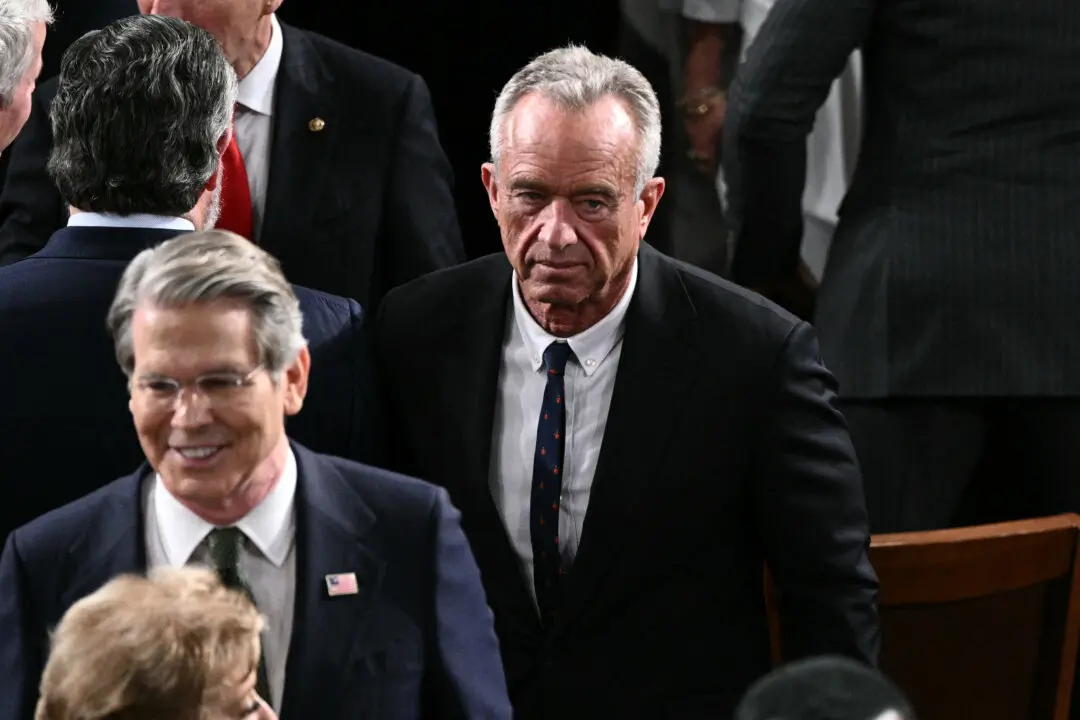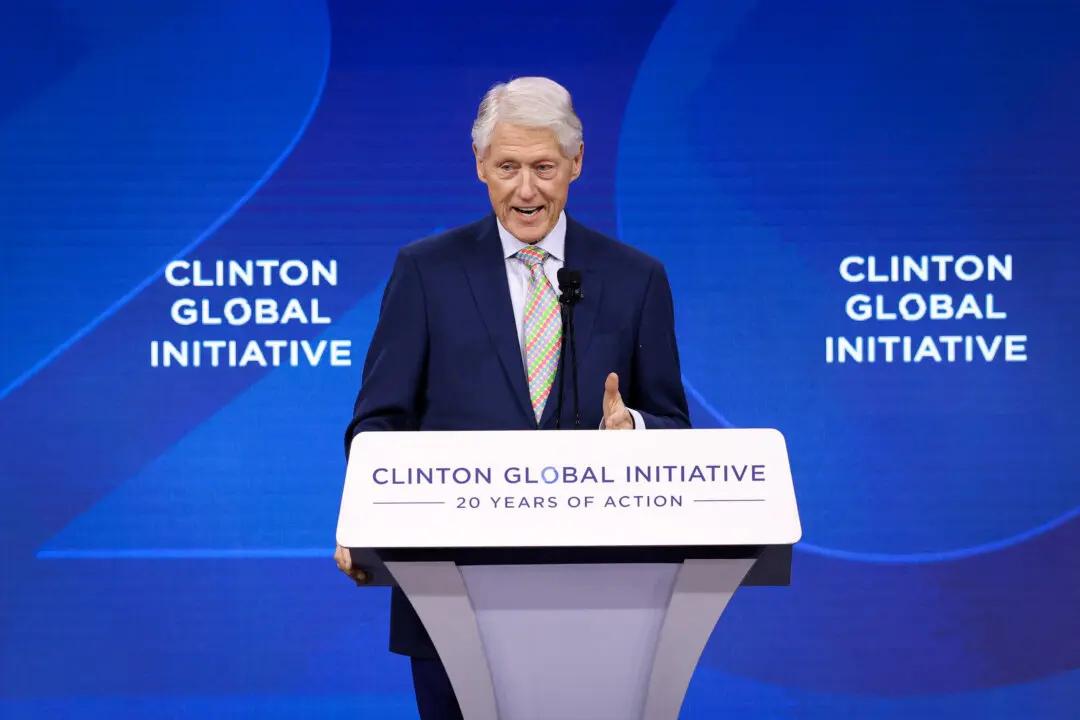One of the unions representing U.S. rail workers has voted to authorize a strike while two others ratified agreements as a deadline for negotiations nears.
International Association of Machinists and Aerospace Workers (IAM) members voted to reject a tentative agreement with railroads, the union said in a statement on Sept. 14.





